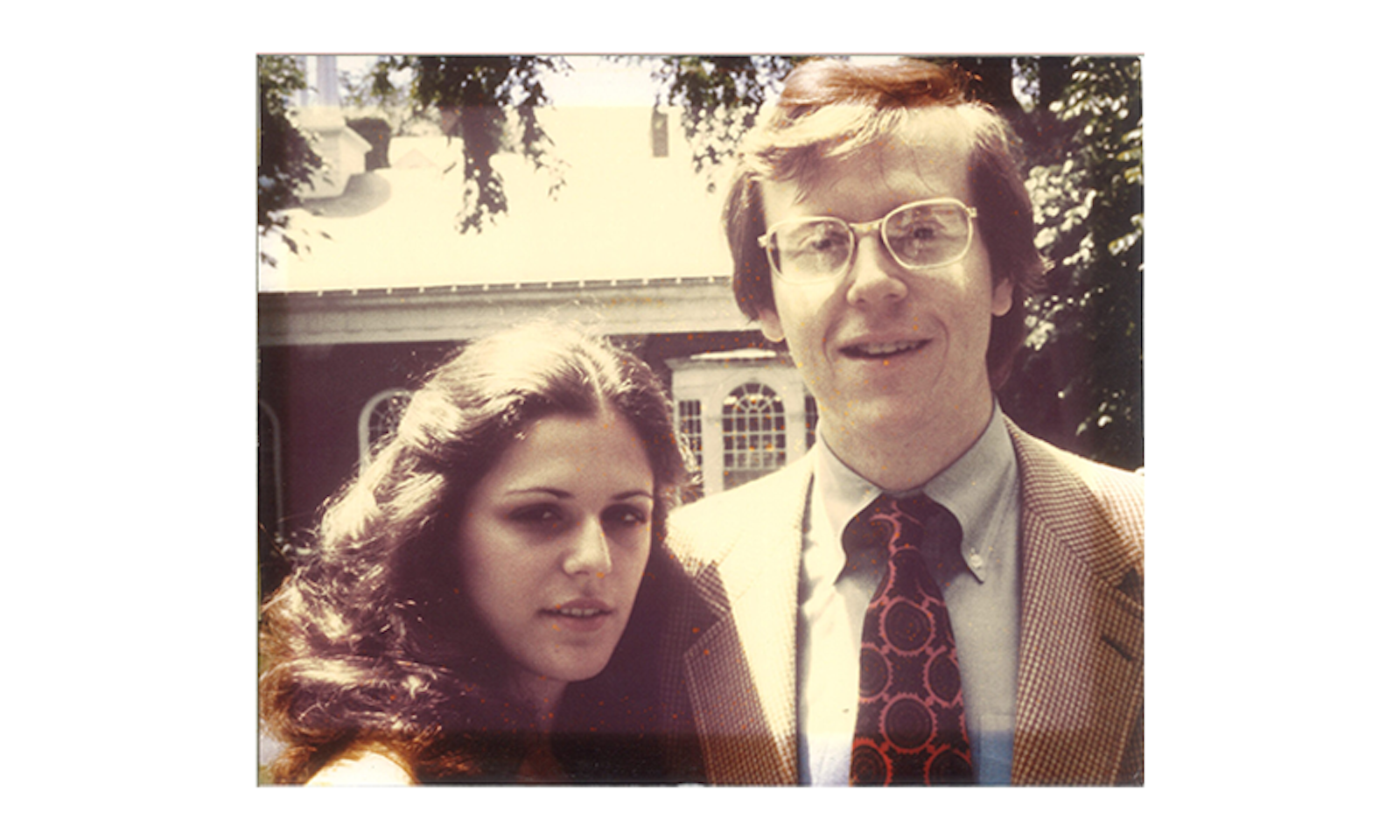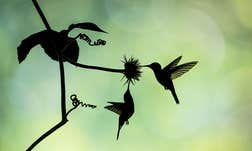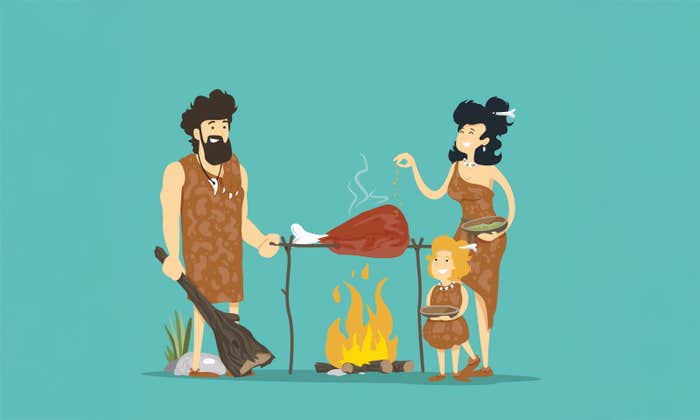On November 10, 2023, my dear friend John Tooby died—or as he would have put it, finally lost his struggle with entropy.
John was a Distinguished Professor of Anthropology at the University of California, Santa Barbara, who together with his wife, Leda Cosmides, founded the field of evolutionary psychology. But that academic accomplishment doesn’t do him justice; it’s the institutional embodiment of the way his mind worked. John had insight into human nature worthy of our greatest novelists and playwrights, grounded in an understanding of the natural world worthy of our greatest scientists. Evolution for him was a link in an explanatory chain that connected human thought and feeling to the laws of the natural world.
It was this depth of thinking that made John’s company so precious. His conversations would mix sly observations of people’s foibles with profound allusions to science, history, and culture. Conference audiences forgave him for his famously discursive presentations, in which he might use up his time with a digression on the Big Bang before he ever got to the data.
Belying the canard that evolutionary psychology is a bunch of post hoc just-so stories, John, together with Leda and their students, published many experimental findings that confirmed nonobvious predictions about a wide range of psychological phenomena. These included statistical thinking, the perception of race, the development of sibling feelings, and the emotion of anger.
But John’s greatest accomplishment was bringing to fruition Darwin’s prediction that “psychology will be placed on a new foundation.” That foundation is natural selection, since it alone can carve nooks of beneficial organization out of a universe that relentlessly slides into disorder. As he and Leda put it in a paper title, “The Second Law of Thermodynamics Is the First Law of Psychology.” The primary challenge for a science of mind is to explain how such improbable feats as perception, reasoning, and goal-seeking could have arisen in a world in which overall entropy must increase. The answer ultimately lies in the only force in nature that can temporarily shape matter into functioning organs, including the human brain.
His influence on me is retroviral, chimeric: I can barely distinguish his thinking from my own.
In a set of foundational papers written when he was a postdoc around 1990, John, with Leda and his graduate advisor Irv DeVore, laid out principles for how to analyze human nature as a product of evolution. Evolution does not imply that humans are naked apes: There is a tension in evolutionary thinking between phylogeny, which left us similar to our primate ancestors, and adaptation, which fitted us to a distinctive niche. He called it the cognitive niche—not a concrete ecozone like the savannah, but an ability to use knowledge, sociality, and language in real time to outcompete species that can react only in evolutionary time. The logic of natural selection implies that humans are not “fitness-maximizers,” pumping out as many babies as possible, but “ancestral-fitness-cue-maximizers,” seeking satisfactions that correlated with fitness in the environments in which we spent our evolutionary history (sweets with energy, sex with reproduction, revenge with deterrence).
John and Leda also reconciled the universality of human nature with the uniqueness of the individual by distinguishing the levels on which selection works. In our functional design, we must be birds of a feather, because sexual recombination scrambles our blueprints every generation. But in our molecular makeup, each of us is unique, as if to change the combinations to our locks every generation so that the pathogens that constantly evolve to safecrack our tissues have to start all over with our siblings and children.
John was also famous among his friends for his bon mots. In an email lamenting the dogmas of his field, he wrote, “A litmus test of how attached someone is to something is what they will give up in order to keep it. To judge by recent controversies, anthropologists are willing to give up consistency, science, logic, scientific epistemology, and belief in an external world in order to keep their faith in the founding myths of cultural particularism and arbitrariness.” At a dinner one night, a first-year graduate student noted how he preferred his new intellectual freedom to the pressure for immediate results he had endured in industry: “I like coming home at the end of the day not having accomplished anything.” John replied, “Young man, you have a bright future in academia.”
John explored the dark side of human nature unsentimentally, but also our better angels with appropriate awe. Fittingly so, because I can think of no specimen of Homo sapiens who better exemplifies the best of what we’re capable of: astonishing erudition, speed-of-light wit, panoptic curiosity, staggering intellectual power, and saintly good nature. John was jolly, self-effacing, altruistic. He showed that at least one member of our species can confer immense benefits to others regardless of the costs to self. I experienced this during a blessed sabbatical in Santa Barbara when John took time away from his own deadlines to give transformative advice on a draft of How the Mind Works. His influence on me is retroviral, chimeric: so thoroughly embedded in my brain that I can barely distinguish his ways of thinking from my own. The good men do is interred with their bones, and I know that many other colleagues and students are beneficiaries of his largesse.
When entropy finally overtook John, it left a huge hole in the lives of those who knew him, and another in the ecosystem of ideas. ![]()
Lead photo courtesy of UCSB Center for Evolutionary Psychology




























